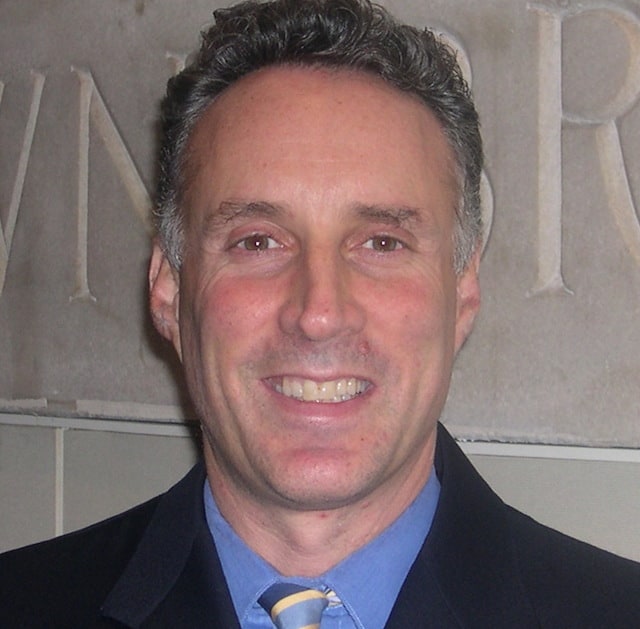
Q&A: Marc Chandler, Brown Brothers Harriman
Marc Chandler is the global head of currency strategy at investment bank Brown Brothers Harriman.
Global Finance: What is the significance of negative interest rates at the ECB?
Marc Chandler: The ECB is the first major central bank to charge banks for parking funds in its deposit facility. This is a nuclear option for the ECB. It is an extreme measure that could have unintended consequences. That is why it took the ECB more than a year to act. We don’t know how it will work out. There could be effects on the money markets. It could be disruptive for very short-term interest rates. It’s almost like Y2K. How does a bank program its computers for negative rates?
GF: Will other central banks follow?
Chandler: The countries most vulnerable are those close to the eurozone. Denmark has used negative rates in the past and could readopt them. If the euro weakens dramatically, the Swiss franc peg could come under pressure.
GF: Will banks lend more?
Chandler: So far, it looks like they are buying bonds instead. Banks are deleveraging to meet capital requirements. They don’t want to be making new loans. In addition, there is a lack of demand because of the weak economy.



